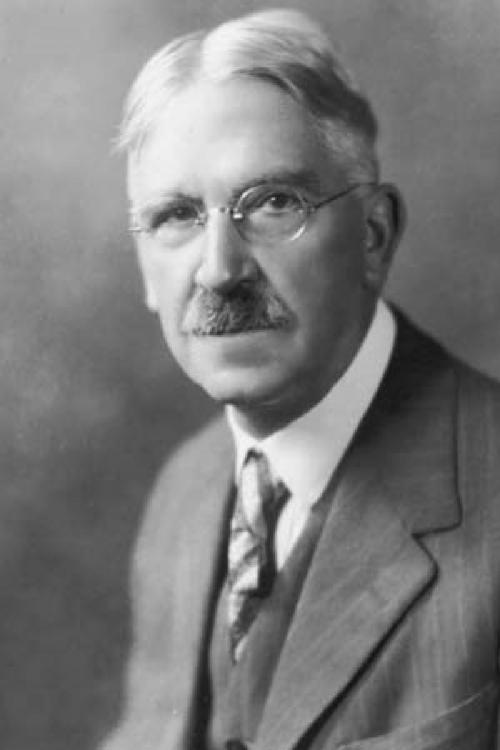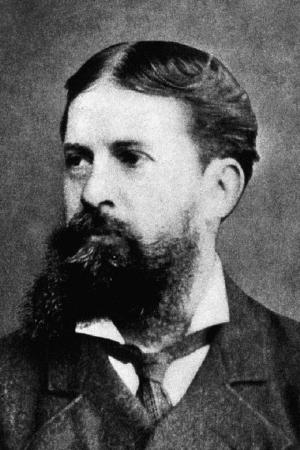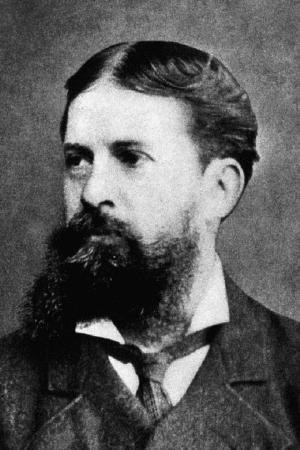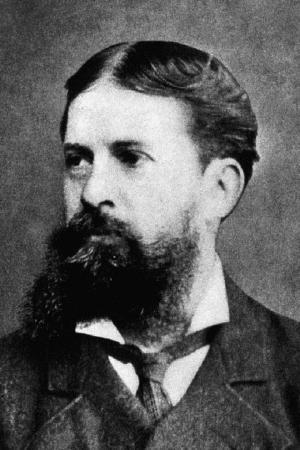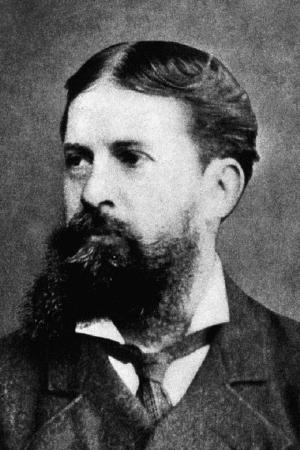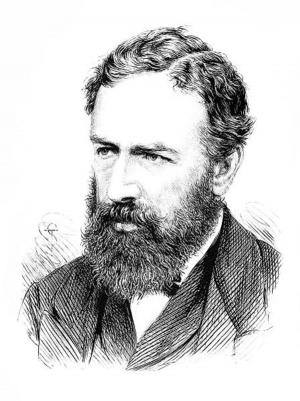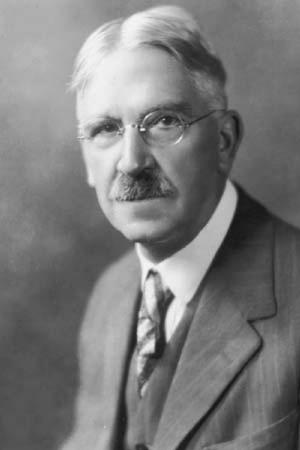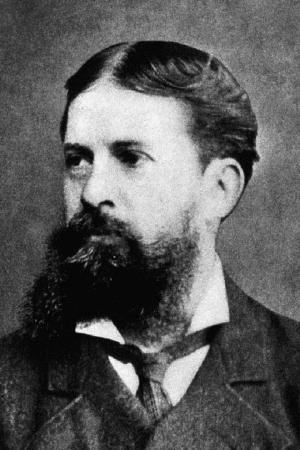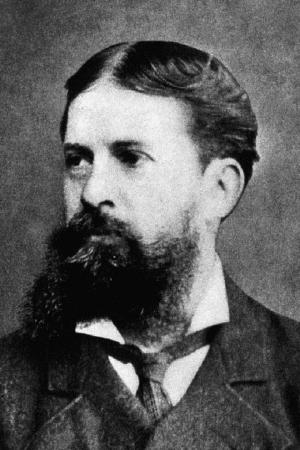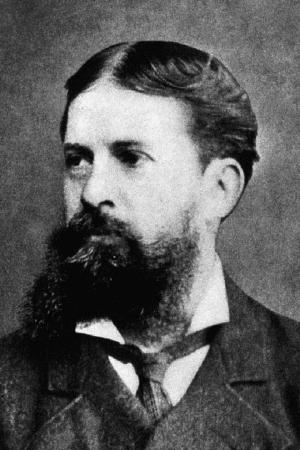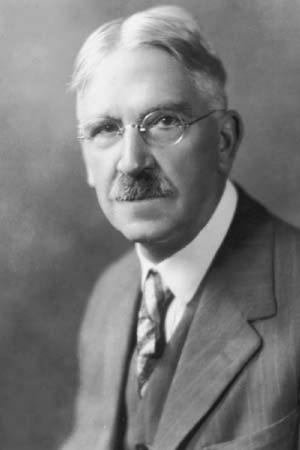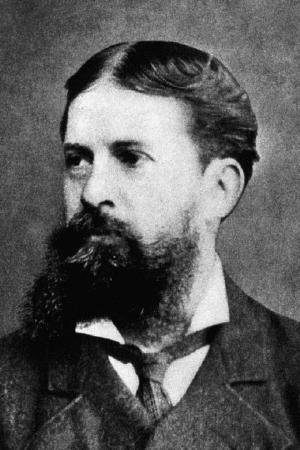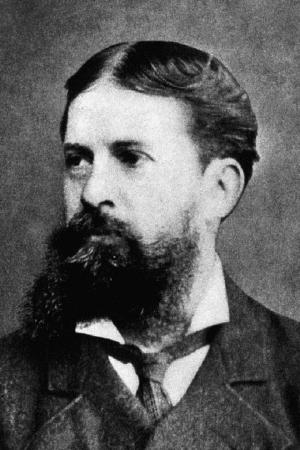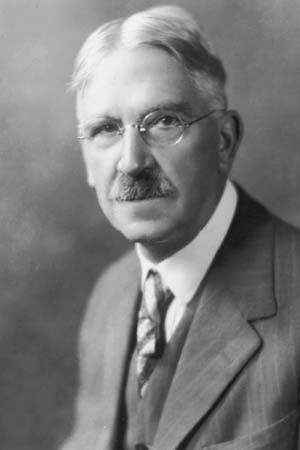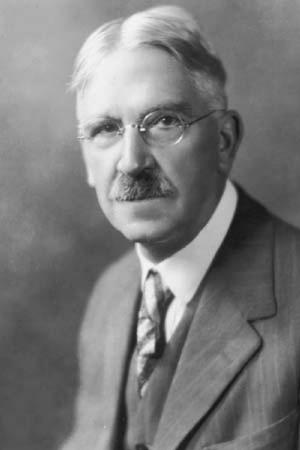| Author: | John Dewey | ISBN: | 1230001439335 |
| Publisher: | Timeless Books | Publication: | November 22, 2016 |
| Imprint: | Language: | English |
| Author: | John Dewey |
| ISBN: | 1230001439335 |
| Publisher: | Timeless Books |
| Publication: | November 22, 2016 |
| Imprint: | |
| Language: | English |
The book has an active table of contents for readers to easy access of each chapter of the following titles:
1. LEIBNIZ’S NEW ESSAYS CONCERNING THE HUMAN UNDERSTANDING - JOHN DEWEY
2. GERMAN PHILOSOPHY AND POLITICS - JOHN DEWEY
3. RECONSTRUCTION IN PHILOSOPHY - JOHN DEWEY
John Dewey was one of the most influential American philosophers, psychologists, and educators whose ideas have impacted education and social reform around the world. He is one of the founders with the philosophy of pragmatism and of functional psychology. He is in the row with the greatest thinkers including Bertrand Russell, Ludwig Wittgenstein, Karl Popper, Charles Peirce, John Mill, and William James.
Dewey considered schools and civil society as the two fundamental elements that had to be constructively evolved by encouraging experimental intelligence and plurality. Dewey’s belief is that complete democracy is to be sustainable not just by giving and extending voting rights but also by ensuring that a fully formed public opinion is accomplished by communication among citizens, experts, and politicians with the full accountability and responsibility for the policies they adopt.
The book is a classic collection of highly influential writings about modern philosophy and politics by John Dewey. He systemically elaborated his view of philosophy and politics in the book and became the basis of all his further work in the areas. John Dewey argued his grand view about the philosophical development as “Man differs from the lower animals because he preserves his past experiences. What happened in the past is lived again in memory. About what goes on today hangs a cloud of thoughts concerning similar things undergone in bygone days. With the animals, an experience perishes as it happens, and each new doing or suffering stands alone. But man lives in a world where each occurrence is charged with echoes and reminiscences of what has gone before, where each event is a reminder of other things. Hence he lives not, like the beasts of the field, in a world of merely physical things but in a world of signs and symbols. A stone is not merely hard, a thing into which one bumps; but it is a monument of a deceased ancestor. A flame is not merely something which warms or burns, but is a symbol of the enduring life of the household, of the abiding source of cheer, nourishment and shelter to which man returns from his casual wanderings. Instead of being a quick fork of fire which may sting and hurt, it is the hearth at which one worships and for which one fights. And all this which marks the difference between bestiality and humanity, between culture and merely physical nature, is because man remembers, preserving and recording his experiences.”
The University of Chicago Laboratory Schools that John Dewey founded was to deliver his pedagogical beliefs “to prepare him for the future life means to give him command of himself; it means so to train him that he will have the full and ready use of all his capacities”. His educational thought of “Learning by Doing” also formed the foundation of the opening of Indian Springs School, Alabama in 1952, one of the best boarding schools in the United States. The school has adapted John Dewey’s pedagogical beliefs in its longstanding motto, Learning through Living.
John Dewey’s influence has been felt in nearly every field of the humanities, sciences, and American corporate culture such learning by doing. The reasoning by John Dewey still remains as relevant today as it was then. This book is one of the most important ones about the deepest thoughts of philosophy and politics by John Dewey, one of the greatest thinkers of philosophy, psychology, and logic on the planet.
The book has an active table of contents for readers to easy access of each chapter of the following titles:
1. LEIBNIZ’S NEW ESSAYS CONCERNING THE HUMAN UNDERSTANDING - JOHN DEWEY
2. GERMAN PHILOSOPHY AND POLITICS - JOHN DEWEY
3. RECONSTRUCTION IN PHILOSOPHY - JOHN DEWEY
John Dewey was one of the most influential American philosophers, psychologists, and educators whose ideas have impacted education and social reform around the world. He is one of the founders with the philosophy of pragmatism and of functional psychology. He is in the row with the greatest thinkers including Bertrand Russell, Ludwig Wittgenstein, Karl Popper, Charles Peirce, John Mill, and William James.
Dewey considered schools and civil society as the two fundamental elements that had to be constructively evolved by encouraging experimental intelligence and plurality. Dewey’s belief is that complete democracy is to be sustainable not just by giving and extending voting rights but also by ensuring that a fully formed public opinion is accomplished by communication among citizens, experts, and politicians with the full accountability and responsibility for the policies they adopt.
The book is a classic collection of highly influential writings about modern philosophy and politics by John Dewey. He systemically elaborated his view of philosophy and politics in the book and became the basis of all his further work in the areas. John Dewey argued his grand view about the philosophical development as “Man differs from the lower animals because he preserves his past experiences. What happened in the past is lived again in memory. About what goes on today hangs a cloud of thoughts concerning similar things undergone in bygone days. With the animals, an experience perishes as it happens, and each new doing or suffering stands alone. But man lives in a world where each occurrence is charged with echoes and reminiscences of what has gone before, where each event is a reminder of other things. Hence he lives not, like the beasts of the field, in a world of merely physical things but in a world of signs and symbols. A stone is not merely hard, a thing into which one bumps; but it is a monument of a deceased ancestor. A flame is not merely something which warms or burns, but is a symbol of the enduring life of the household, of the abiding source of cheer, nourishment and shelter to which man returns from his casual wanderings. Instead of being a quick fork of fire which may sting and hurt, it is the hearth at which one worships and for which one fights. And all this which marks the difference between bestiality and humanity, between culture and merely physical nature, is because man remembers, preserving and recording his experiences.”
The University of Chicago Laboratory Schools that John Dewey founded was to deliver his pedagogical beliefs “to prepare him for the future life means to give him command of himself; it means so to train him that he will have the full and ready use of all his capacities”. His educational thought of “Learning by Doing” also formed the foundation of the opening of Indian Springs School, Alabama in 1952, one of the best boarding schools in the United States. The school has adapted John Dewey’s pedagogical beliefs in its longstanding motto, Learning through Living.
John Dewey’s influence has been felt in nearly every field of the humanities, sciences, and American corporate culture such learning by doing. The reasoning by John Dewey still remains as relevant today as it was then. This book is one of the most important ones about the deepest thoughts of philosophy and politics by John Dewey, one of the greatest thinkers of philosophy, psychology, and logic on the planet.
